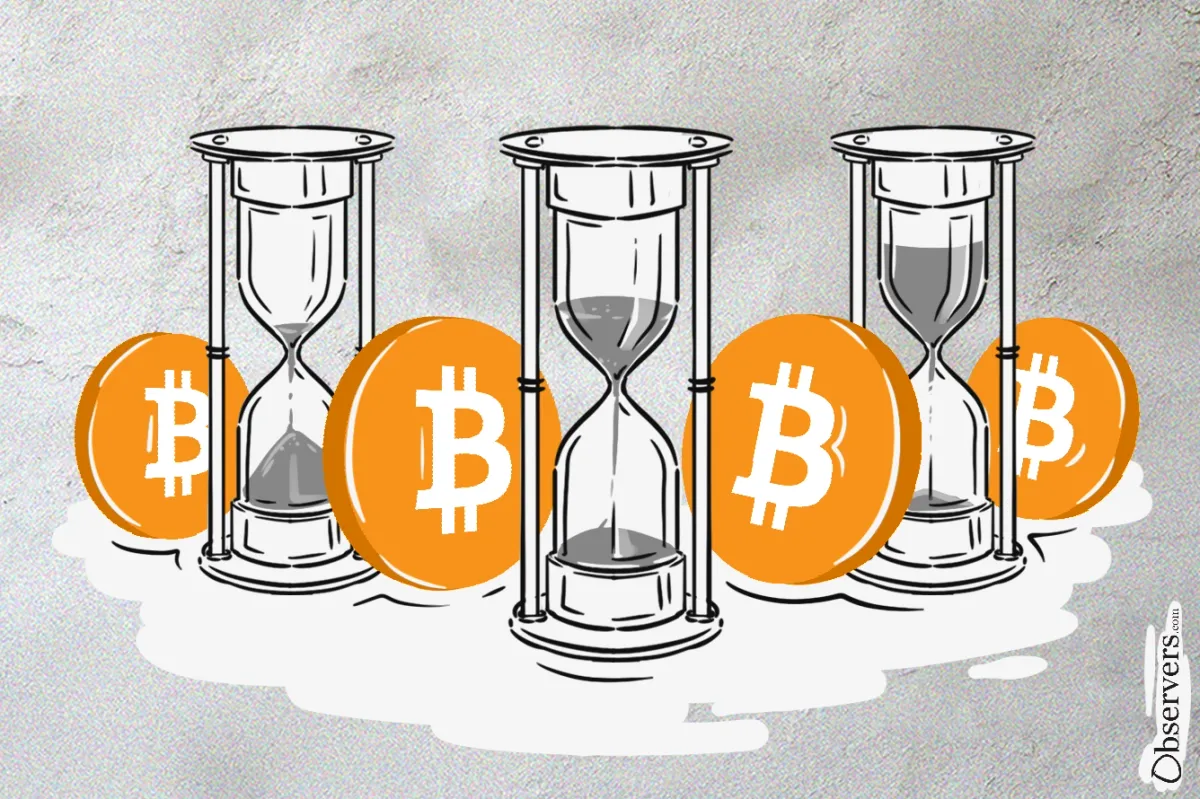
Alkimiya is a brand-new platform that lets users trade blockchain transaction fees. It uses a unique peer-to-peer protocol to create, trade, and manage synthetic resources like BTC transaction fees. Essentially, Alkimiya aims to make blockchain interactions smoother by offering stable transaction fees for daily blockchain users.
Bitcoin’s transaction fees can be pretty unpredictable, which is tough for businesses built on the blockchain. They usually have to eat the cost or pass it on to their users, which isn’t great when fees spike. For instance, when Bitcoin’s transaction fees jumped from $5 to over $120 per transaction in April, because of Runes, it really showed the need for a solution like Alkimiya.
Alkimiya lets its users protect themselves against these wild swings in transaction fees, making costs more predictable when using the Bitcoin blockchain. This is especially valuable for Bitcoin miners and other businesses that depend on stable operation costs.
A diverse range of users can can benefit. For example, service providers like wallet companies, exchanges, and layer 2 operators can hedge against unpredictable fees. Also, collectors of Bitcoin-based tokens and traders will find Alkimiya useful for managing costs and taking advantage of market movements.
Interestingly, although Alkimiya focuses on Bitcoin, it is built on the Ethereum blockchain and uses Wrapped Bitcoin (WBTC) to settle trades. This may pose a challenge for Bitcoin enthusiasts who must switch to another blockchain. However, according to Alkimiya’s founders, Ethereum was the only viable option due to its robust decentralization and Bitcoin’s lack of smart contract capabilities.
Trading on Alkimiya involves different pools with various expiry dates. Users can either buy or sell positions in these pools, and these positions are represented as NFTs (either as Long or Short shares). If you are trading Long shares within the same pool, they are interchangeable, but shares from different pools are unique.
Similar to how utility companies fix their monthly power costs using energy futures, traders can manage transaction fee expenses by subscribing to monthly Pools. By taking a long position on transaction fees, users can capitalize on increased network activity. Conversely, by taking a short position on transaction fees, users can profit from decreasing network activity.
Right now, Alkimiya only offers the market for Bitcoin transaction fees, but there is a plan to start covering Ethereum and other chains in the future. Since the platform is still quite new, liquidity is low, but they are working on getting more big Bitcoin players and miners on board, which should help get things moving.

